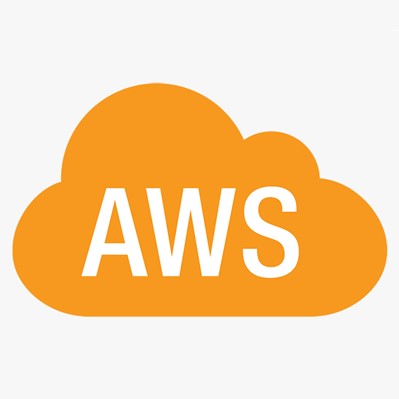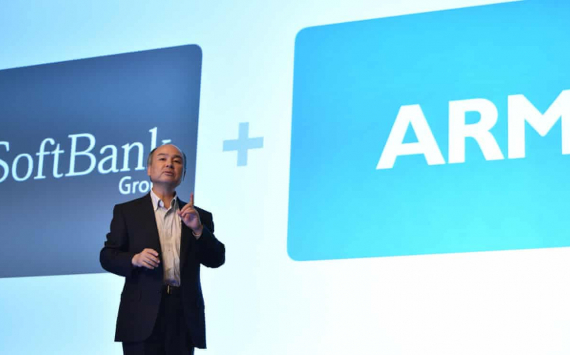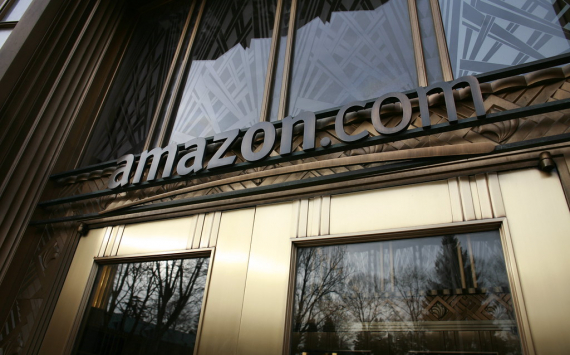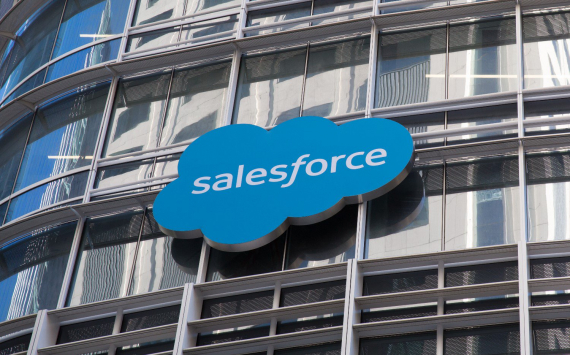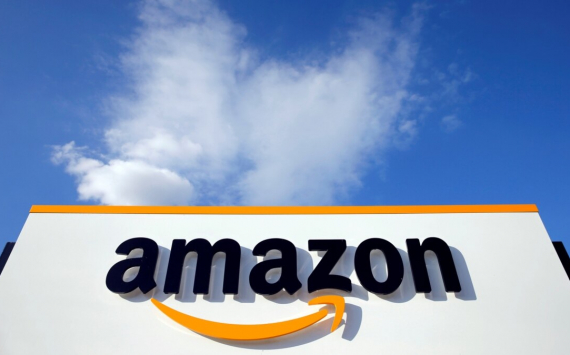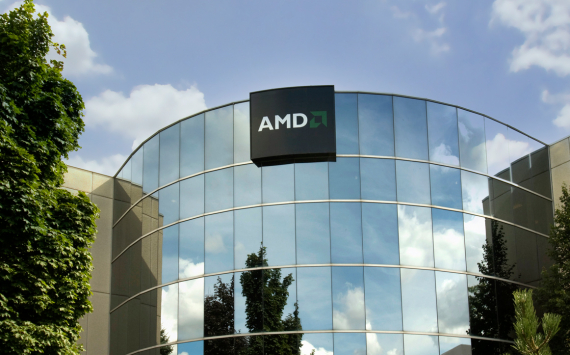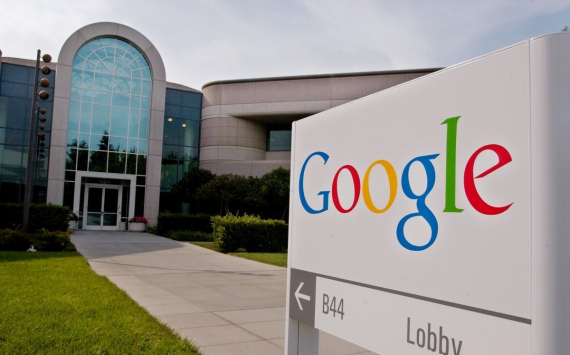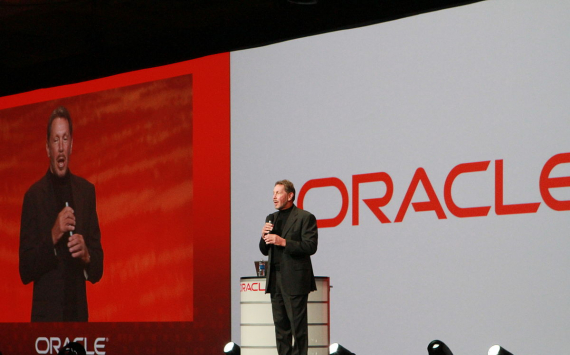Description
Amazon Web Services (AWS) is a subsidiary of Amazon providing on-demand cloud computing platforms and APIs to individuals, companies, and governments, on a metered pay-as-you-go basis. These cloud computing web services provide a variety of basic abstract technical infrastructure and distributed computing building blocks and tools. One of these services is Amazon Elastic Compute Cloud (EC2), which allows users to have at their disposal a virtual cluster of computers, available all the time, through the Internet. AWS's version of virtual computers emulates most of the attributes of a real computer, including hardware central processing units (CPUs) and graphics processing units (GPUs) for processing; local/RAM memory; hard-disk/SSD storage; a choice of operating systems; networking; and pre-loaded application software such as web servers, databases, and customer relationship management (CRM).
The AWS technology is implemented at server farms throughout the world, and maintained by the Amazon subsidiary. Fees are based on a combination of usage (known as a "Pay-as-you-go" model), hardware, operating system, software, or networking features chosen by the subscriber required availability, redundancy, security, and service options. Subscribers can pay for a single virtual AWS computer, a dedicated physical computer, or clusters of either. As part of the subscription agreement, Amazon provides security for subscribers' systems. AWS operates from many global geographical regions including 6 in North America.
Amazon markets AWS to subscribers as a way of obtaining large scale computing capacity more quickly and cheaply than building an actual physical server farm. All services are billed based on usage, but each service measures usage in varying ways. As of 2017, AWS owns a dominant 33% of all cloud (IaaS, PaaS) while the next two competitors Microsoft and Google have 18%, 9% respectively according to Synergy Group.


